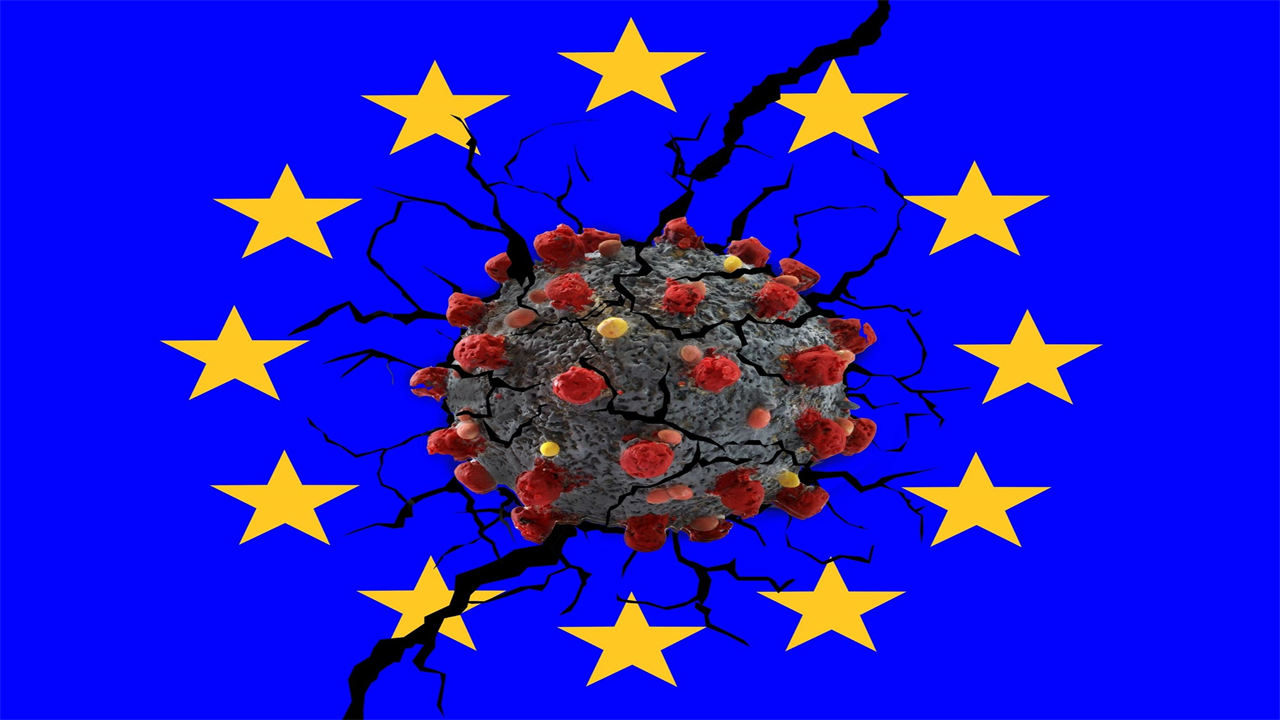How Well Did the EU Respond to the First Wave of the COVID-19 Pandemic?
0 View
Share this Video
- Publish Date:
- 25 August, 2021
- Category:
- Covid
- Video License
- Standard License
- Imported From:
- Youtube
Tags

A new study in Frontiers in Public Health summarizes expert opinions on the performance and shortcomings of the European Union (EU) COVID-19 response. The goal: to draw lessons for future pandemics.
In 2004, the EU established the European Center for Disease Prevention and Control (ECDC) precisely with the aim of coordinating cross-border disease surveillance and guidelines. However, the public health experts interviewed largely agreed that while there were some successes, the interests of individual countries often took precedence over EU-wide responses.
“The EU joint procurement mechanism was recognized as a great achievement and a valuable crisis management tool,” said lead author Marie Gontariuk of Maastricht University in the Netherlands. “But experts also agreed that further improvement was possible, specifically with regard to timeliness and efficacy.”
“Particularly during the current pandemic, the weakness of ECDC and the Directorate-General for Health and Food Safety in contributing to a coordinated response has once again become painfully apparent due to a weak and inconsistent health mandate for the EU. settings,” he adds. author prof.dr. Thomas Krafft, also affiliated with Maastricht University. “The short-term preoccupation with national political interests and the fragmentation and lack of leadership of EU institutions prevented a coordinated and effective pandemic response.”
For the study, the authors interviewed 18 public health experts from individual EU countries and from the European Commission. The interviews took place during or shortly after the first wave of the pandemic, between May and August 2020. In the interviews, the authors asked open-ended questions about the panelists’ experiences and perspectives to date, as well as their suggestions for the future.
At the time, the EU was focused on implementing preventive health measures, including border closures, a range of testing approaches and varied guidelines on the use of masks and other precautions. But there were significant differences between each country’s approach. For example, Italy and Spain restricted traffic within the country and enforced strict quarantines. In stark contrast, recommendations in Sweden and the Netherlands depended more on the judgment of their citizens.
In addition, one of the EU’s main efforts has been to pre-order vaccines and negotiate the price. At least during the time frame of the interviews, the experts largely endorsed the EU’s cooperative approach to vaccine procurement, noting that the process took longer than desired. However, many reported that there was a surprising lack of trust and transparency between the countries, particularly with regard to the setting of the International Health Regulations, as set out by the World Health Organization. The patchwork of varying short-term measures, sometimes contradictory, has caused confusion and may have weakened public trust in national and EU health authorities.
The Dutch, Belgian, German and British authors collaborating in the International Knowledge and Information Center on Public Safety acknowledge that their study only included health experts and that political views would also be helpful to consider. It is also important to note that these interviews were only conducted during the first wave, and additional interviews will provide a more complete picture of the effectiveness of the EU’s responses as the pandemic continues.
“At the level of the EU Member States, global health security should (again) become a pivotal point on their national health agendas,” says Gontariuk. And co-author Eva Pilot adds, “Working towards an improved and resiliently coordinated national health system and strengthening local, regional and national surveillance systems should be a high priority, including considering cross-border surveillance with neighboring countries.”
Reference: “The European Union and Public Health Emergencies: Expert Opinions on the Management of the First Wave of the COVID-19 Pandemic and Suggestions for Future Emergencies” by Marie Gontariuk, Thomas Krafft, Cassandra Rehbock, David Townend, Loth Van der Auwrmeulen and Eva Pilot, August 20, 2021, Frontiers in Public Health.
DOI: 10.3389/fpubh.2021.698995










